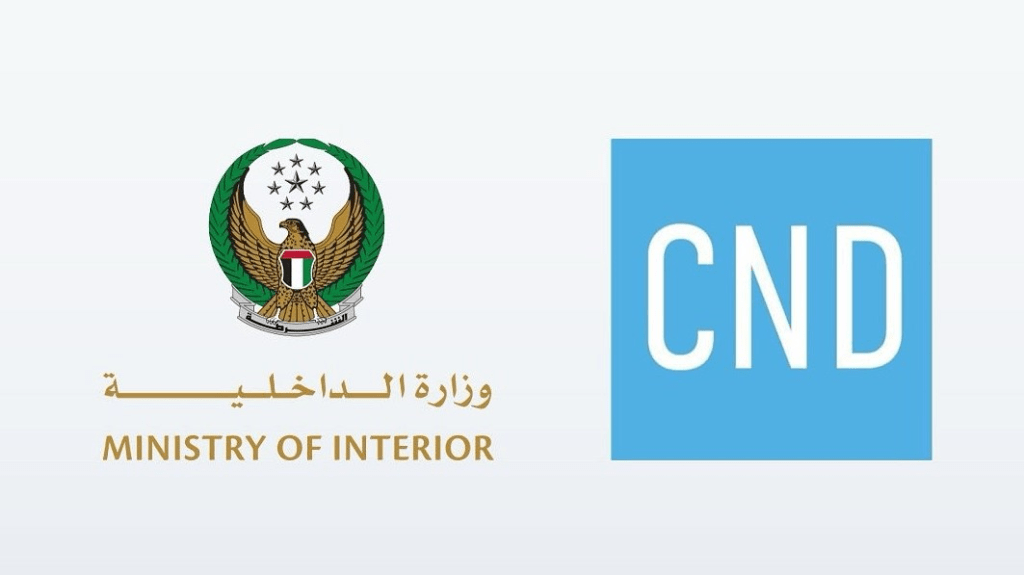The UAE, represented by the Ministry of Interior, has been elected to the United Nations Commission on Narcotic Drugs (CND) for the term of 2026 to 2029. This election took place at the UN Headquarters in New York, where new members were voted in for this essential policymaking body within the United Nations system.

The CND, established under a resolution by the Economic and Social Council (ECOSOC), serves as the primary forum for shaping global drug policy. Its responsibilities include overseeing the implementation of international drug control treaties and guiding international collaboration in addressing drug-related challenges.
The UAE’s successful candidacy reflects its strong diplomatic ties with both regional and global partners and its influential role in promoting coordinated efforts to combat narcotic drug challenges worldwide. Following this vote, the UAE will join Pakistan, Kazakhstan, and Kyrgyzstan as representatives of the Asia-Pacific Group on the Commission, which is a key subsidiary body of ECOSOC. Membership allows the UAE to actively participate in shaping international drug policies, including proposing and voting on resolutions and frameworks.
The CND was established by ECOSOC Resolution No. 9 in 1946 to monitor the implementation of international drug control treaties. In 1991, the UN General Assembly expanded its mandate to include serving as the governing body of the United Nations Office on Drugs and Crime (UNODC).
The Commission’s agenda includes both normative treaty-based elements and operational components, meeting annually to adopt resolutions that shape international drug control efforts. A significant milestone occurred in 2019 when the Commission adopted the Ministerial Declaration on Strengthening Action at National, Regional, and International Levels to Accelerate the Implementation of Joint Commitments to Combat the World Drug Problem. Under this declaration, member states committed to reviewing their progress by 2029, with a midterm review planned for 2024.
As the CND actively implements the 2019 declaration, it continues to review global trends in drug supply and demand, adopt resolutions, and lead the formulation of policies and action plans. Its work is crucial for developing a balanced and integrated global strategy to counter the world drug problem and protect communities worldwide.


Leave a Reply